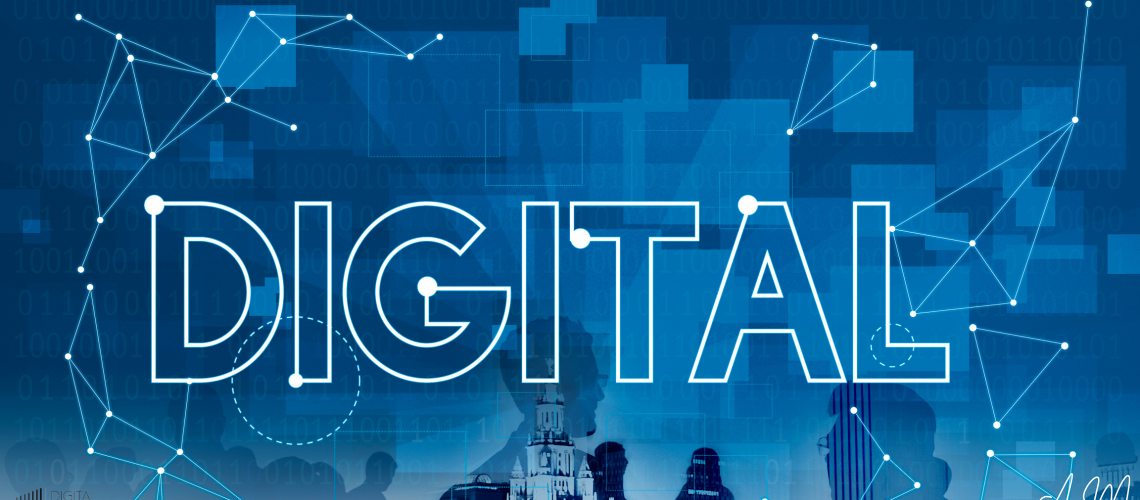- 4 May 2024
- by GVEXPlus
- Business Transformation
In the dynamic landscape of healthcare, digital transformation is revolutionizing patient care and outcomes through innovative technologies. In this article, we’ll explore key innovations like telemedicine, electronic health records (EHR), AI diagnosis, and examine how these digital solutions are enhancing patient care. We’ll also delve into critical regulatory considerations and privacy concerns surrounding the transformation of health tech.
Innovations in Healthcare Transformation
1. Telemedicine
Telemedicine enables remote consultations and virtual healthcare delivery, improving access to medical services and reducing barriers to care, especially in underserved areas.
2. Electronic Health Records (EHR)
EHR systems streamline patient information management, facilitating seamless collaboration among healthcare providers and enhancing continuity of care.
3. AI Diagnosis
Artificial intelligence (AI) algorithms analyze medical data to aid in diagnosis, predict disease progression, and personalize treatment plans, leading to more accurate and timely interventions.
4. Wearable Health Tech
Wearable devices monitor vital signs and activities, empowering patients to track their health metrics and enabling continuous remote monitoring by healthcare professionals.
Improved Patient Care and Outcomes through Digital Solutions
1. Remote Monitoring and Management
Digital tools allow healthcare providers to monitor patients remotely, enabling early intervention and reducing hospital readmissions.
2. Personalized Medicine
AI-driven insights facilitate personalized treatment plans based on genetic profiles, lifestyle factors, and real-time health data, improving treatment efficacy and patient outcomes.
3. Enhanced Communication and Collaboration
Digital platforms facilitate seamless communication and collaboration among healthcare teams, ensuring timely information exchange and coordinated care.
4. Patient Engagement
Patient portals and mobile apps empower individuals to actively participate in their healthcare journey, fostering better adherence to treatment plans and preventive care practices.
Regulatory Considerations and Privacy Concerns in Health Tech Transformation
1. Regulatory Compliance
Health tech solutions must comply with stringent regulations such as HIPAA (Health Insurance Portability and Accountability Act) to ensure patient data privacy and security.
2. Data Security
Implement robust cybersecurity measures to protect sensitive health data from breaches and unauthorized access.
3. Ethical Use of AI
Ensure transparency and accountability in AI-driven healthcare solutions to address concerns regarding bias, patient consent, and algorithmic transparency.
4. Interoperability
Promote interoperability among health IT systems to facilitate seamless data exchange and improve care coordination across different healthcare settings.
Harnessing Technology for Healing
Digital transformation in healthcare holds immense promise in improving patient outcomes, enhancing operational efficiency, and advancing medical research. By embracing innovations like telemedicine, EHR, AI diagnosis, and addressing regulatory and privacy considerations, healthcare organizations can leverage technology to deliver more accessible, personalized, and effective care.
#HealthTech #DigitalHealth #Telemedicine #PatientCare
—
In this eighteenth article of our #DigitalTransformation series, we’ve explored the profound impact of technology-driven innovations on healthcare transformation. Join us as we continue to uncover the intricate facets of digital transformation and its profound impact on healthcare delivery. Stay tuned for more insights and inspirations! #100ArticlesOfDigitalTransformation




